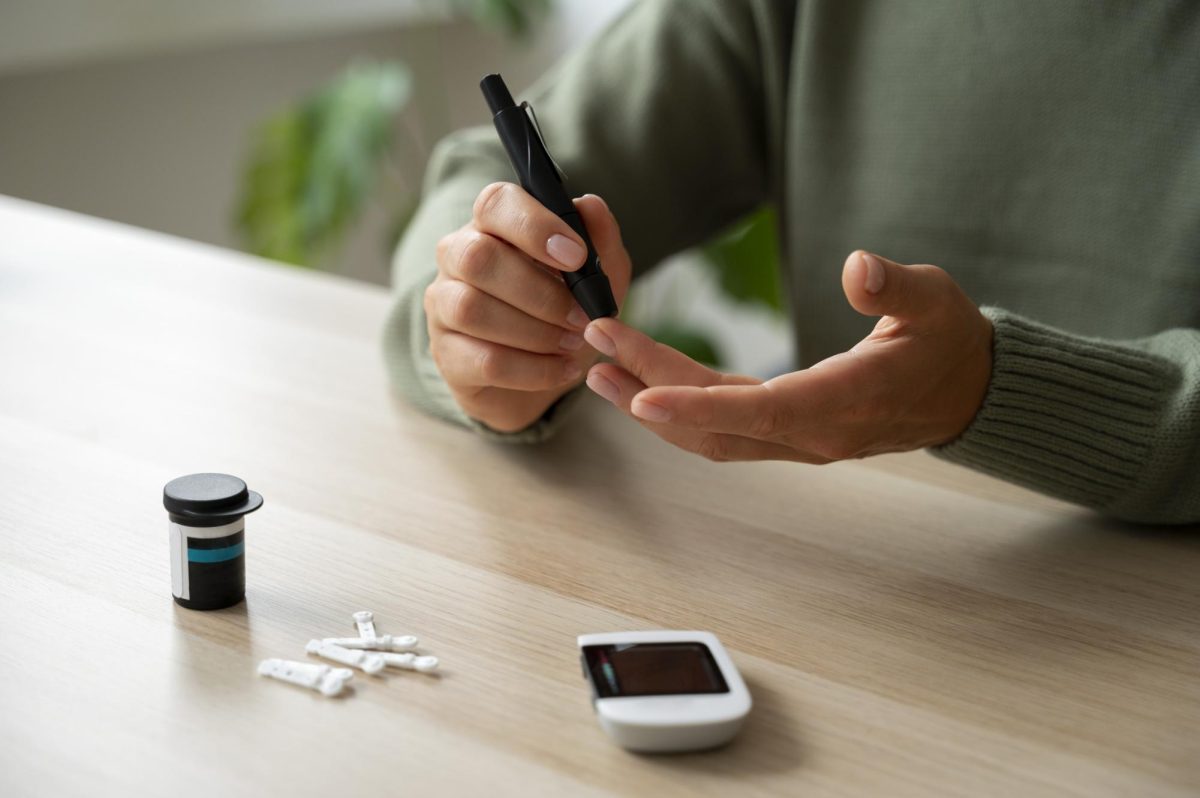A new discovery has scientists’ minds turning. A 25-year-old woman from Tianjin, China, has become the first person in science history who has type one diabetes to be able to produce her own insulin after a transplant of new stem cells gathered from her body. Less than three months later, her body began making insulin independently.
This is an immaculate turnaround for someone who has always relied on a continuous dose of insulin. “I can eat sugar now. It’s been more than a year since the transplant, and I enjoy everything—especially hotpot,” she said upon discussing with “Nature.”
This story draws focus on a transformative possible “cure” in diabetes care, particularly for those with type one diabetes.
James Shapiro, a transplant surgeon and researcher at the University of Alberta, commended the results as riveting, noting this new discovery could lead to a complete reversal of the woman’s type one diabetes.
While type two diabetes is more common, type one requires much more practical and eventive solutions, given the challenges such as donor shortages and a struggle to buy or come across insulin.
This new discovery now called the “reprogrammed stem cell method” was created by Deng Hongkui and his team at Peking University. It consists of extracting three cells from three individuals with type one diabetes and reverting them to an original state, which permits them to be differentiated into any cell type.
This new technique increases control over the reprogramming process and creates a clearer way to renew pancreatic tissue which can help the body create its own insulin without the dosage over counter.
She said, “I can eat sugar now,” which shows her new joy and happiness to be able to produce her own insulin with her now new reprogrammed stem cells.
Shapiro was in awe of the success of the procedure, saying, “They’ve completely reversed diabetes in the patient, who was requiring substantial amounts of insulin beforehand.”
While initial studies have shown great promise in future cures by using stem cells for type one diabetes, comprehensive clinical trials targeting type two diabetes using similar techniques are still restricted, and unsure if this procedure will work on those with type two, as it’s more vigorous. Researchers need more data to determine if the same approach can effectively address the complexities of type two diabetes.
This new development signals a hopeful horizon in women’s diabetes, showing the potential of personalized medicine and stem cell technology to lead to full insulin function and help the quality of women’s lives and others who have struggled with type one diabetes.

